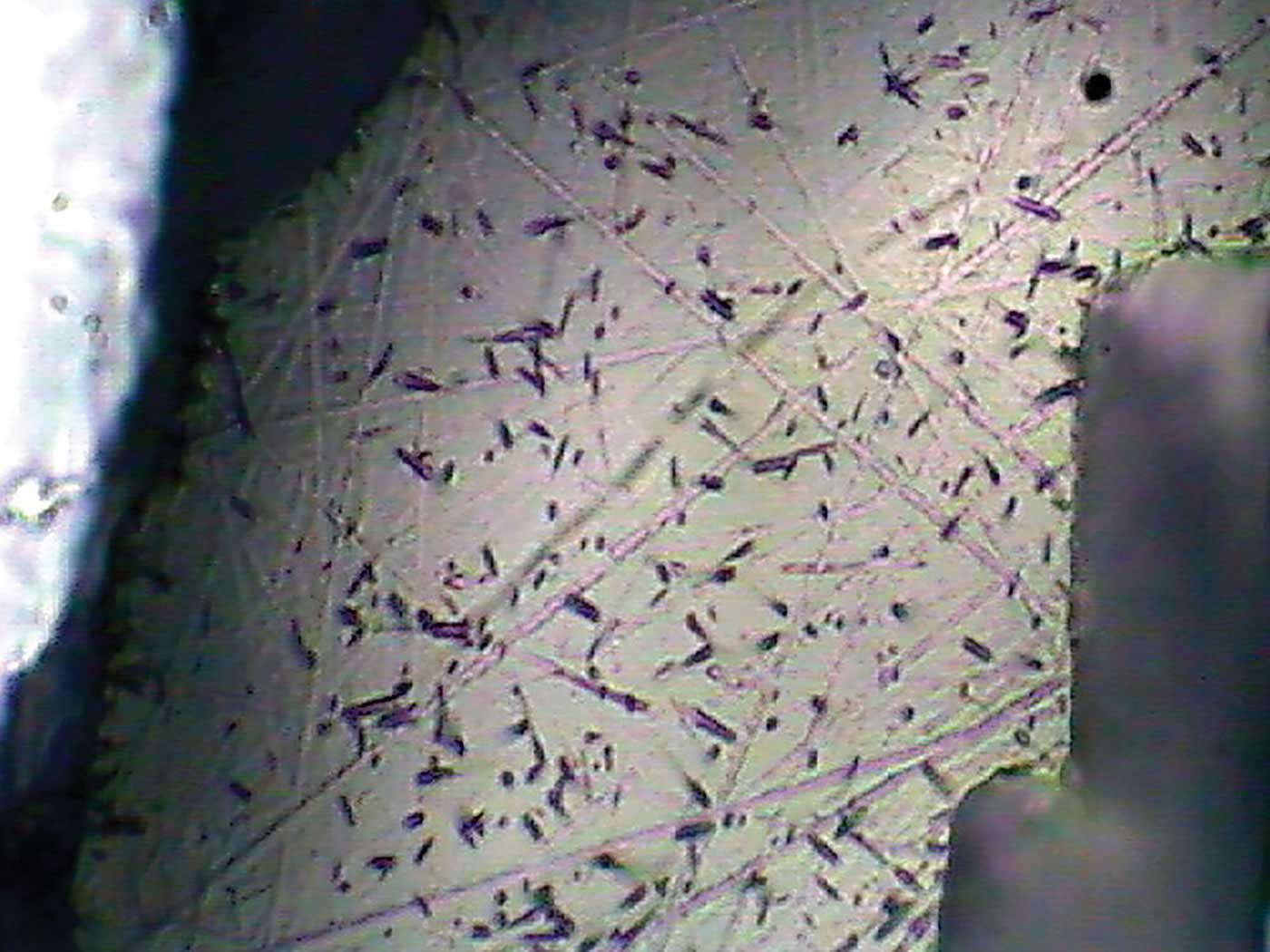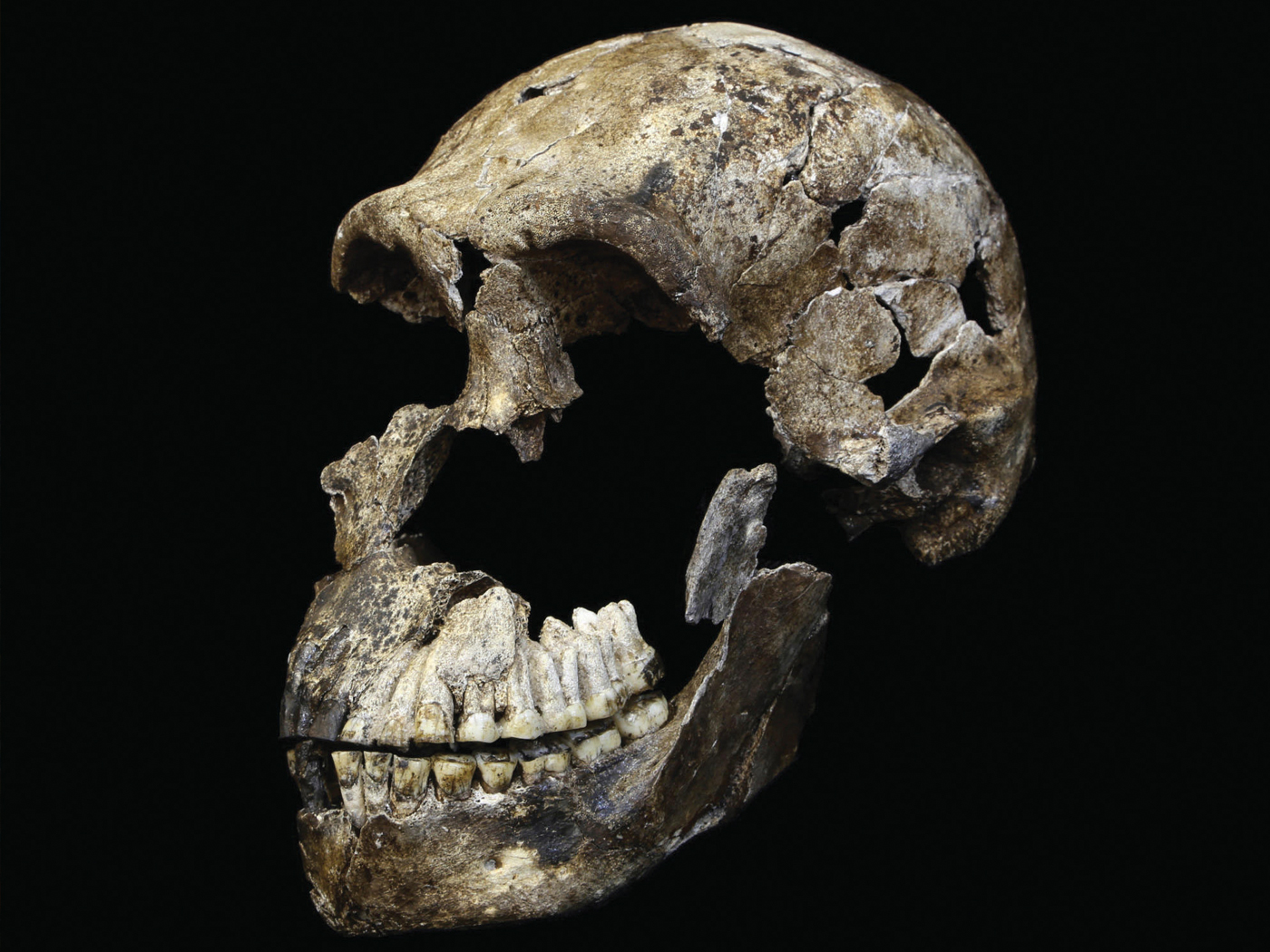A current research emphasis of the ICR life sciences team is the "tree of life," a standard icon of the evolutionary paradigm.1 Evolutionists commonly try to buttress their claim of a universal tree of life by pointing to the genetic similarity between chimpanzees and humans.
Evolutionists make several major claims in this regard:
- That human chromosome 2 originated via a fusion between two chimp chromosomes.
- That the human genome is 95 to 99 percent identical to the chimp genome, and that this high identity establishes human-chimp ancestry:
a. in and of itself;
b. by virtue of an analogy to human genetic testing; and
c. by virtue of an analogy to literary plagiarism.
Claims 1 and 2a have been addressed in previous articles.2-4 This article addresses claim 2b, the argument by analogy to human genetic testing.
Evolutionists appeal to procedures used in human genetic testing to argue for human-chimp relatedness. In the field of human genetic testing, it is common to perform a DNA comparison between individuals in an attempt to establish nearness of kin. The more DNA sequence two individuals have in common, the more closely they are related. To the evolutionist, extending this reasoning to humans and chimps is simply taking the concept one step further. If we compare humans not only to other humans, but also to all the animals in nature, humans seem to share the most DNA sequence with chimps. Hence, to the evolutionist, this result is unequivocal evidence for a close familial relationship between humans and chimpanzees.
How is a creationist to respond to this analogy?
Surprisingly, the answer to this claim comes from the nature of science itself. When it comes to defining science, creationists have long maintained a distinction between "operational science" and "historical science," and that this distinction is critical to the origins debate.
Historical science refers to the investigation of past-tense questions and is, fundamentally, a form of forensic inquiry. In a forensic investigation, the best form of evidence is eyewitness testimony, which, at times, takes the form of written historical record. In contrast, operational science refers to inquiries performed via the scientific method. Since the scientific method requires observation, and since we cannot go back in time and observe the past, this effectively limits operational science to the investigation of present-tense questions. Hence, any discussion of the origins issue is a historical science debate.
The evolutionary claim of human-chimp common ancestry by analogy to human genetic testing fails when examined in the light of the distinction between operational science and historical science. Comparing the DNA sequences of two humans is a form of operational science. However, when it is used to establish events of the past…such as ancestry…it moves into the realm of historical science. In fact, the only reason we know genetic testing works when used to establish human-human relatedness is that we have written historical records on which to test the method.
Since we have no written historical records to validate the method when used on human-chimp genetic comparisons, the evolutionary appeal by analogy fails…it is not based on any eyewitness account that would independently validate the application of the technique to this question. Hence, to appeal to human genetic testing to argue for human-chimp common ancestry is a logical sleight of hand; it appears persuasive initially, but falls apart when examined carefully.
Evolutionists’ appeal to literary plagiarism is another means of arguing for common ancestry. Read more about the rebuttal to this claim in an upcoming issue.
References
- Jeanson, N. 2010. New Frontiers in Animal Classification. Acts & Facts. 39 (5): 6.
- Tomkins, J. 2011. New Human-Chimp Chromosome 2 Data Challenge Common Ancestry Claims. Acts & Facts. 40 (5): 6.
- Tomkins, J. 2011. New Research Undermines Key Argument for Human Evolution. Acts & Facts. 40 (6): 6.
- Jeanson, N. and J. Tomkins. 2011. Human-Chimp Genetic Similarity: Is the Evolutionary Dogma Valid? Acts & Facts. 40 (7): 6
* Dr. Jeanson is Research Associate at the Institute for Creation Research and received his Ph.D. in Cell and Developmental Biology from Harvard University.
Cite this article: Jeanson, N. 2011. Human-Chimp Genetic Similarity: Refuting the Appeal to Human Genetic Testing. Acts & Facts. 40 (8): 8.























